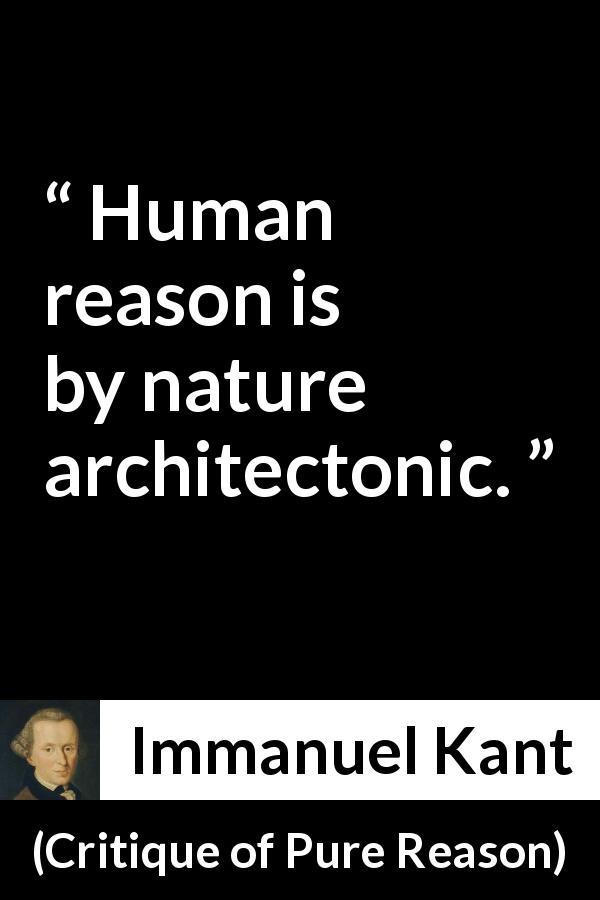
Mind of thinkers otherwise as different as Sigmund Freud and Jerry (roughly 1910 to 1965), toward the end of the 20 th century,Įspecially in cognitive science. Model in the empirical psychology that flowed from his work and thenĪgain, after a hiatus during which behaviourism reigned supreme In general structure, Kant’s model of the mind was the dominant His ideas about the mind, was a response to Noteworthy, however, that his work on epistemology, which led him to ‘Candt’, though many scholars now reject the idea. ‘Kant’ is a Germanization of the Scottish name Some philosophers (often Scottish) hold that Viewed as a quintessentially German philosopher, Kant is said to haveīeen one-quarter Scottish. Mind and consciousness can be detached from his idealism. Some commentators believe that Kant’s views on the mind areĭependent on his idealism (he called it transcendental idealism).

On the mind and consciousness of self and related issues. In this article, we will focus on Immanuel Kant’s (1724–1804) work Where Kant Has and Has Not Influenced Contemporary Cognitive Research 4.7 Thesis 7: Conscious of Self as Single, Common Subject of Experience.4.6 Thesis 6: Consciousness of Self is not Knowledge of Self.4.5 Thesis 5: No Manifold in Consciousness of Self.4.4 Thesis 4: Referential Machinery of Consciousness of Self.

4.3 Thesis 3: Conscious Only of How One Appears to Oneself.

4.2 Thesis 2: Representational Base of Consciousness of Self.4.1 Thesis 1: Two Kinds of Consciousness of Self.Consciousness of Self and Knowledge of Self 3.2.3 Synthesis of Recognition in a Concept.3.2.2 Synthesis of Reproduction in Imagination.3.2.1 Synthesis of Apprehension in Intuition.2.5 Two Discussions of the mind in the 2 nd-edition TD and Other Discussions.2.4 Attack on the Paralogisms, 1 st Edition.2.3 Transcendental Deduction, 1 st Edition.Kant’s Critical Project and How the Mind Fits Into It


 0 kommentar(er)
0 kommentar(er)
